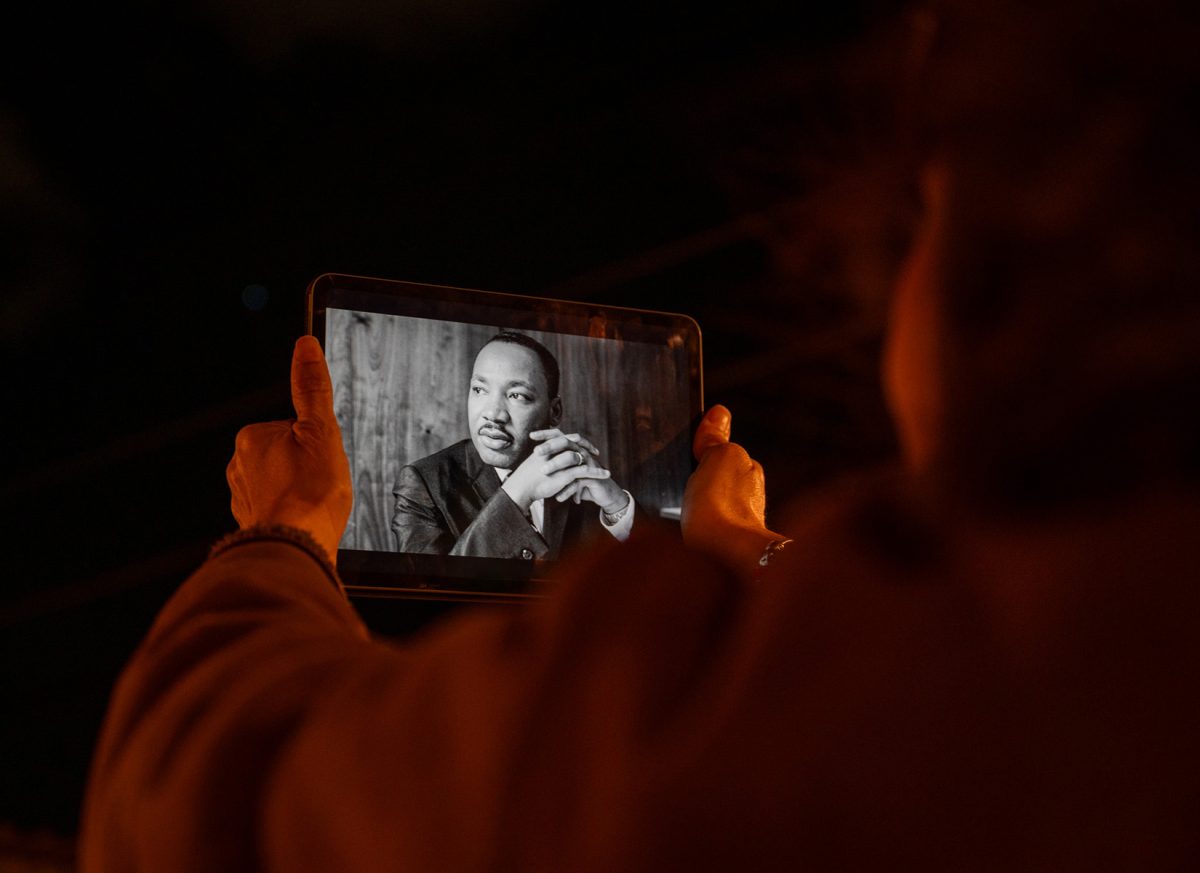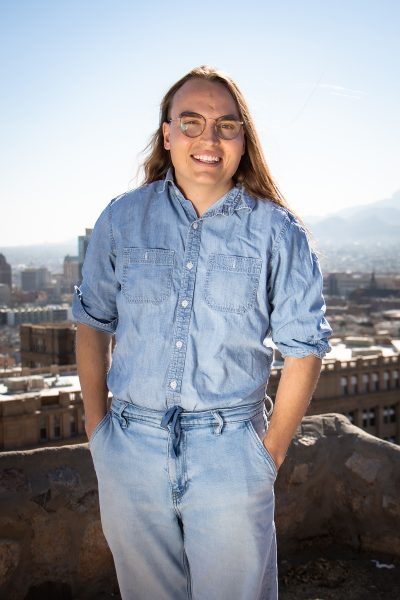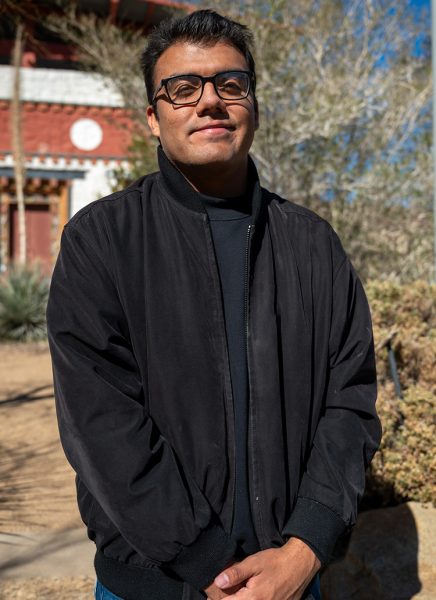Father, husband, minister, philosopher, activist, leader; these and many more were the roles Martin Luther King Jr. was able to accomplish with the time he had. Our nation celebrates the holiday Martin Luther King Jr. Day, on the third Monday of January each year, which was established in November of 1983 by President Ronald Reagan. The day celebrates the life and legacy of King Jr. and the goals he had to see the fruition of a better and more equal America.
MLK Jr.’s goals would be made possible through practicing peaceful protesting. With the numerous efforts of courage and determination practiced by MLK Jr. and other activists he inspired, he helped foster a vision and culture of a better America. As we enter the new year of 2024, the world is challenging the purpose and meaning of Martin Luther King Jr. Day at every opportunity in many ways.
Tawanda Chabikwa, Ph.D., is a UTEP professor in the Theatre and Dance and African American Studies program. Born and raised in Zimbabwe, Southern Africa, Chabikwa has had a storied academic career. Chabikwa speaks to the common goal of MLK Day and what it means in today’s heated political climate.
“Being from Zimbabwe and being familiar with civil rights and liberation movements from Africa and the Caribbean and the world in general, I see a lot of resonance with other movements, so Martin Luther King Jr. Day is an amazing thing,” Chabikwa said. “When we think of people named as legacy humans, we have to remember there was a whole mountain of people that were with them, that helped them get there.”
Chabikwa speaks to the shared commonality of standing up to adversity peacefully and how the spark of a burning desire for change brewing deep in people never really goes away.
“I think it’s kind of underestimated how important that (peaceful protesting) is because in doing so, it showed America a side of itself that it didn’t know how to handle in a big way,” Chabikwa said.
Chabikwa gave further insight into the significance of this day and how it evolved throughout history.
“Nobody is directly responsible for the sins of their forefathers, as it were, but at every point, we get to choose generation by generation how we want to do things,” Chabikwa said. “I think MLK Day is a reminder to let go of ego and come together because the more you create fear and violence, the more fear and violence there is.”
Native of Columbus, Ohio, and academic Rabbi Ben Zeidman speaks to MLK’s universal message of peaceful change.
“Dr. King’s message has never been more relevant or urgent,” Zeidman said. “Dr. King taught us how to ensure our change is constructive rather than destructive. He taught us how to confront injustice with love and hope, not fear and anger, through leading with our hearts and not our fists.”
In 2024, it has been easier to see hate in its many ugliest forms take shape and ravage people’s daily lives as there is clear footage and documentation of ongoing war, police brutality, harassment and other forms of injustice on phone screens. The DNA strand that MLK and others like him undoubtedly shared is one of love and how the bright light of peace can shine through the shadows of violence.
Catching Marginot is a staff reporter and can be reached at [email protected]













